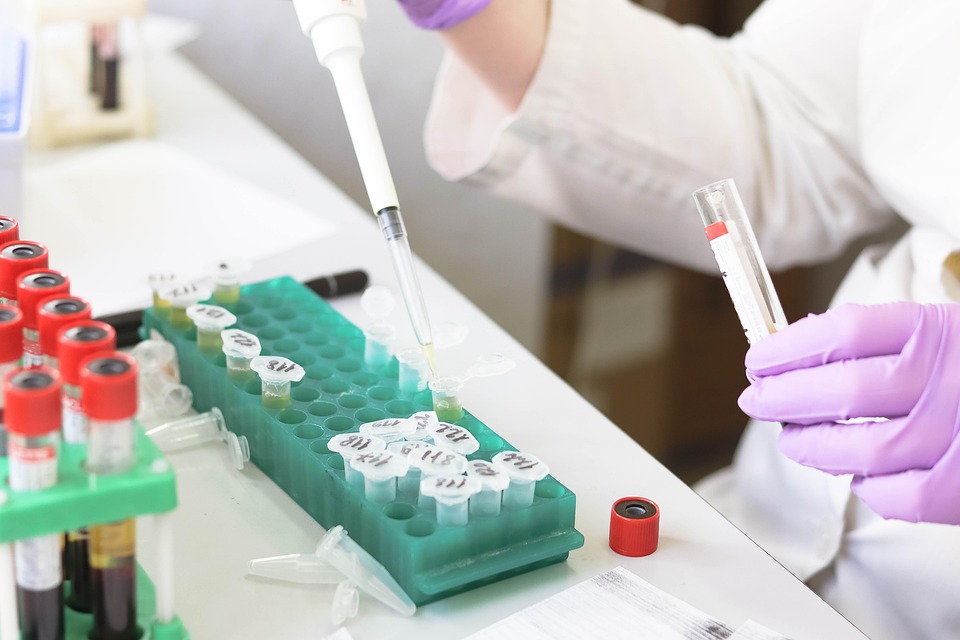In the dynamic landscape of scientific research, the role of a research scientist has emerged as a cornerstone of innovation and discovery. Given the current shortage of qualified professionals in this field within the UK, understanding the essential skills and responsibilities that define this occupation is paramount.
A Multifaceted Skill Set
Research scientists are not merely individuals who conduct experiments; they are versatile thinkers equipped with a plethora of skills. Among these, critical thinking stands out. The ability to analyse data, question assumptions, and draw logical conclusions is fundamental. A research scientist must navigate complex problems and develop innovative solutions, often in the face of ambiguous or contradictory information.
-
Technical Proficiency: Mastery of various research methodologies and laboratory techniques is crucial. Whether it’s advanced statistical analysis or proficiency in specific software like MATLAB or R, technical skills can greatly influence the outcome of scientific inquiries.
-
Communication: The capacity to convey complex ideas clearly and concisely cannot be overstated. Research scientists must be able to share their findings with a diverse audience, from academic peers to the public. Crafting compelling research papers, delivering presentations, and engaging in discussions are all essential components of this role.
-
Collaboration: Science is rarely a solitary pursuit. Research scientists often work in teams, necessitating strong interpersonal skills. Building relationships with colleagues, managing conflicts, and contributing to a positive team environment are indispensable for successful projects.
Core Responsibilities
The day-to-day responsibilities of a research scientist are as varied as the skills they employ. A typical day might encompass:
-
Designing Experiments: Crafting hypotheses and designing experiments to test these hypotheses forms the bedrock of research. This process requires not only creativity but also a rigorous understanding of scientific principles.
-
Data Analysis: Once experiments are conducted, the real challenge begins. Collecting and analysing data—often vast quantities—requires both precision and insight. The interpretation of data can lead to groundbreaking discoveries or, conversely, necessitate a reassessment of previous assumptions.
-
Staying Current: The scientific community is ever-evolving. Research scientists must commit to continuous learning, keeping abreast of the latest developments in their field. This might involve reading journals, attending conferences, or even collaborating with industry partners.
The Importance of Adaptability
What distinguishes successful research scientists is their adaptability. The landscape of research is replete with unforeseen challenges—failed experiments, shifting project goals, and evolving technologies. Those who thrive tend to be resilient and open to change, embracing new methodologies or pivoting their focus as required.
Moreover, the integration of interdisciplinary approaches has become increasingly vital. For instance, a biologist may benefit from understanding computational methods, while a chemist could enhance their work through insights from engineering. This cross-pollination of ideas not only enriches personal expertise but also fuels innovation.
The Future of Research Science in the UK
As the UK grapples with a shortage of skilled research scientists, it raises an important question: how can we attract and retain talent in this field? Governments and educational institutions must collaborate to create robust training programmes, internships, and mentorship opportunities that inspire the next generation of scientists. Furthermore, improving working conditions, funding opportunities, and career progression paths is essential to ensure that the UK remains a leader in scientific research.
In a world increasingly reliant on scientific advancement, the role of the research scientist is more critical than ever. As we look ahead, the need for skilled professionals will only grow, making it imperative to support those entering this vital field.
For those navigating the complexities of securing a job in the UK, especially in roles that require sponsorship, Visajob.co.uk remains committed to guiding you through every step of the process. Together, we can address the challenges of the current job market and unlock the potential for a fulfilling career in research science.




